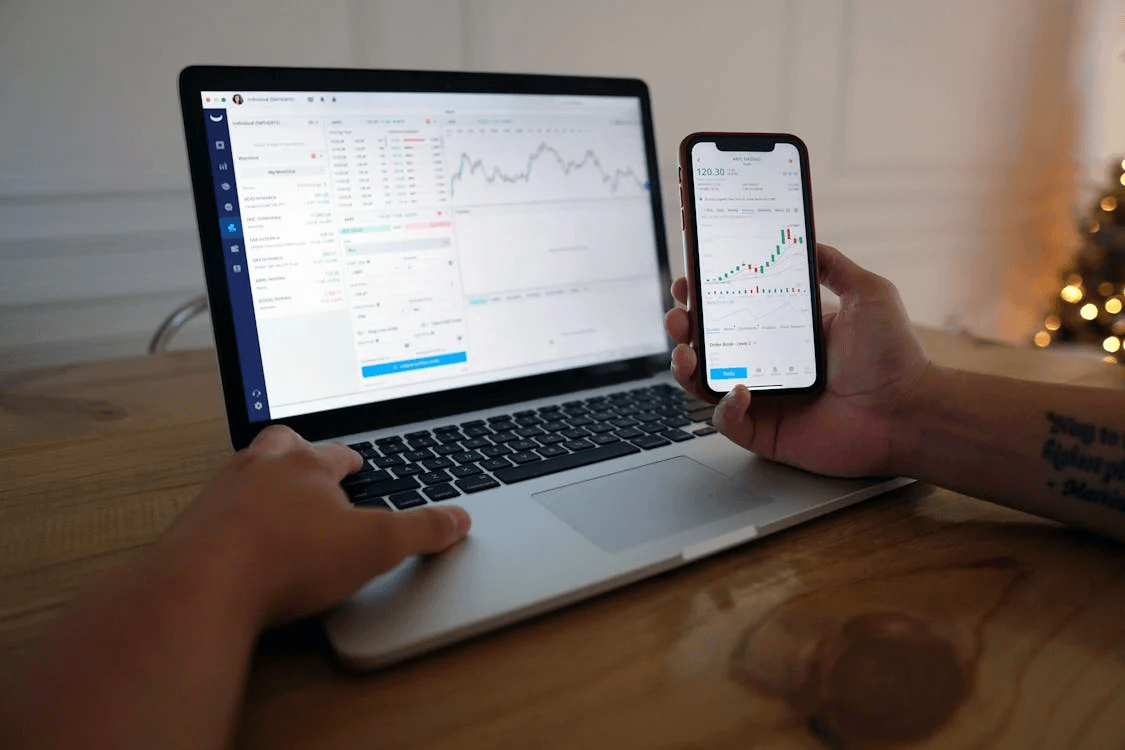Real-Time Analytics: Powering Instant Decision-Making Across Industries
Real-time analytics refers to the process of collecting, processing, and analysing data as it is generated. This allows organisations to act immediately based on current insights rather than rely on historical data alone to make informed decisions.
This innovation is transforming industries by enabling instant decision-making. It improves customer experiences, enhances operational efficiency, supports financial risk management, optimises supply chains, and powers autonomous technologies.
Table of Contents
Enhancing Customer Experiences Through Real-Time Data
Real-time analytics is changing the way businesses interact with their customers. It enables companies to monitor user behaviour on digital platforms and quickly customise experiences to meet individual needs.
One industry benefiting from this is e-commerce, where real-time analytics allows companies to offer personalised shopping experiences. Platforms can track user behaviour, analyse browsing history, and recommend products tailored to each individual. This enhances the shopping experience and boosts sales by delivering what customers are most likely to buy in real-time.
Similarly, casino gaming platforms also leverage real-time data. These platforms use real-time analytics to track player preferences and tailor gaming experiences accordingly. For instance, the technology allows casinos to offer personalised bonuses or promotions based on player activity, boosting player engagement and retention.
Improving Operational Efficiency in Businesses
With the power to analyse data instantly, companies can spot inefficiencies and take immediate action. Advances in distributed architectures and data streaming have propelled the evolution of real-time data analysis, enabling organisations to handle large volumes of data seamlessly. While this presents challenges, such as ensuring consistency across vast systems, it allows businesses to make more agile and informed decisions.
A prime example is manufacturing, where real-time analytics improve efficiency and predict maintenance needs. For instance, predictive maintenance technologies use real-time data to monitor machinery health, allowing companies to address potential issues before they cause costly downtime. This proactive approach to maintenance ensures smoother operations and maximises productivity.
Workforce management is also enhanced through real-time analytics. Tracking employee performance and workload distribution enables businesses to make dynamic adjustments, ensuring that resources are allocated efficiently and tasks are completed promptly. This leads to increased operational efficiency and better overall business performance.
Supporting Financial Risk Management and Fraud Detection
Financial institutions use real-time analytics to detect fraud, manage risks, and monitor transactions continuously. By analysing transactions as they occur, banks and payment processors can identify suspicious activity, flagging it for immediate review or blocking fraudulent transactions in real-time. This technology helps minimise financial losses and improve overall security.
Insurance companies also use real-time analytics to assess risks and set policy prices dynamically. Analysing real-time factors such as driving behaviour, health data, or environmental conditions allows insurers to offer personalised policies tailored to each individual’s risk profile.
Moreover, stock markets rely on real-time analytics to enable rapid trading decisions. Algorithms process vast amounts of market data within milliseconds, allowing traders to react quickly to market changes and capitalise on fluctuations. The ability to analyse data in real-time ensures that traders are always ahead of the market, increasing the potential for profits.
Optimising Supply Chain Management and Logistics
Supply chains have greatly benefited from the evolution of real-time data analysis. Real-time data provides insights into inventory levels, shipment tracking, and demand fluctuations, enabling businesses to adjust their strategies instantly.
For example, logistics companies use real-time analytics to optimise delivery routes. This technology allows drivers to receive updated navigation instructions based on traffic conditions, ensuring that deliveries are made on time. By adjusting in real-time, logistics companies can increase efficiency, reduce fuel consumption, and more effectively meet customer demands.
In retail, real-time analytics helps businesses manage inventory more effectively. Monitoring product demand and stock levels continuously allows companies to adjust their stock replenishment strategies, ensuring they never run out of popular items or overstock on slow-moving products.
Powering Autonomous Technologies and Smart Systems
The future of autonomous technologies, like self-driving cars and smart cities, relies heavily on real-time data analysis. Autonomous vehicles, for instance, need to process vast amounts of data from sensors and cameras in real time to navigate and make split-second decisions. This allows the vehicles to avoid obstacles, optimise routes, and respond to sudden environmental changes, all essential for safe operation.
In smart cities, real-time data helps manage traffic flow, monitor air quality, and optimise energy use. Traffic signals, for example, can dynamically adjust based on congestion patterns, improving traffic efficiency and reducing travel times. These smart systems enhance city operations and improve the quality of life for residents by making urban spaces more sustainable and efficient.
The development of smart technologies continues to accelerate, with real-time analytics powering new innovations in industries ranging from healthcare to retail. These innovations enhance automation and drive smarter, more sustainable solutions.
Conclusion
Real-time analytics is reshaping industries by providing instant insights and improving decision-making processes. This will increase efficiency, provide better user experiences, and bring new innovations across multiple sectors. The future of digital transformation relies on the ability to harness real-time insights for smarter, faster decision-making.

